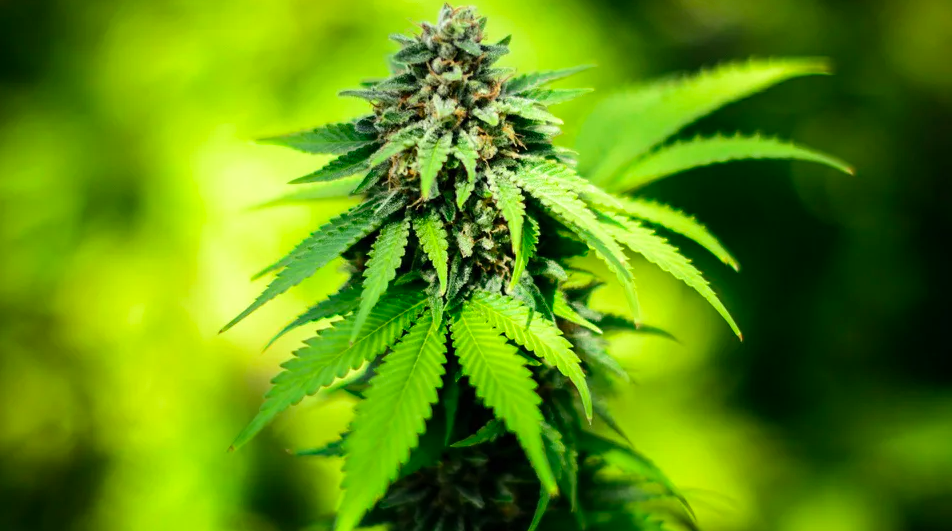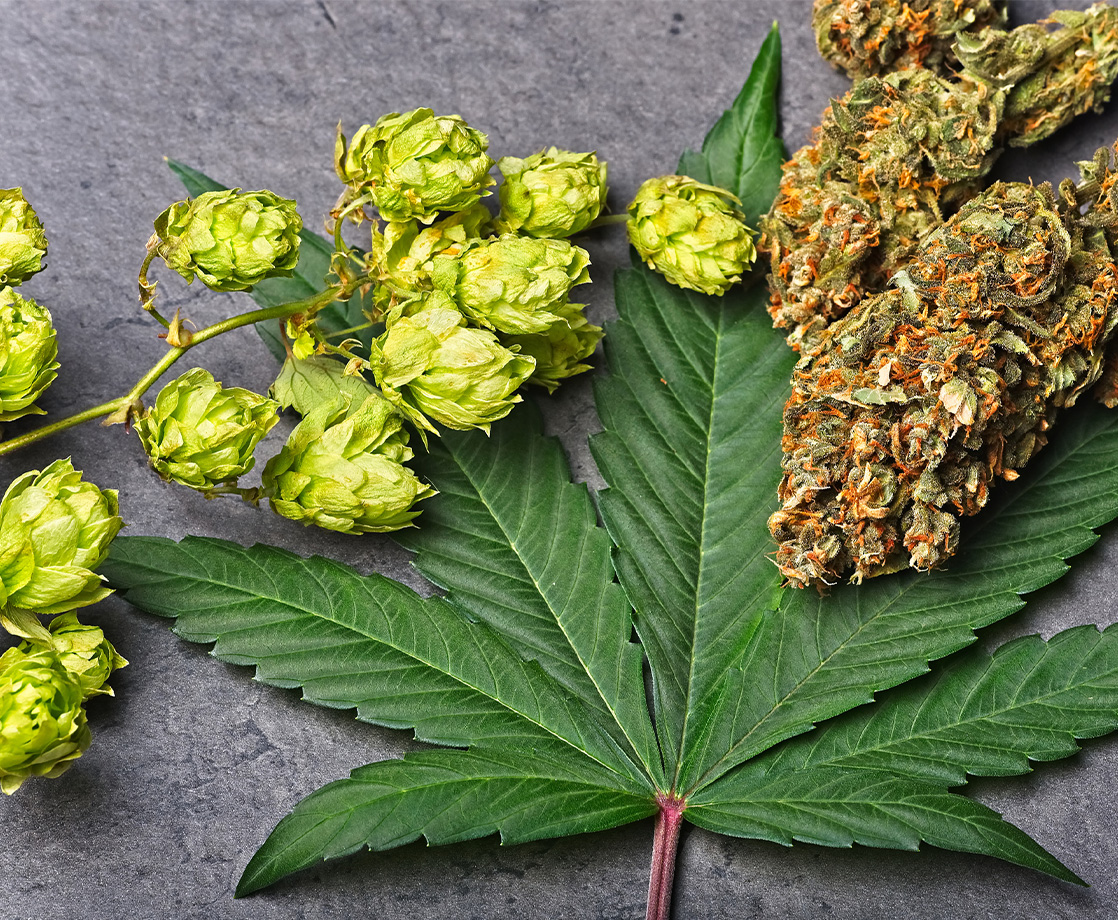Image via
After years of delays, legal challenges, and obfuscation, the US Drug Enforcement Agency (DEA) finally announced that it would begin evaluating applications for federally-licensed research cannabis cultivators.
Last week, several organizations, including Scottsdale Research Institute (SRI), Biopharmaceutical Research Company (BRC), and Groff NA Hemplex LLC received notifications from the DEA that their applications to become federally-licensed weed growers were being evaluated. Each of these companies submitted applications to the DEA five years ago, asking the feds for permission to grow high-quality legal weed for research purposes.
In the late 1960s, the federal government granted the University of Mississippi the exclusive right to grow legal weed for scientists conducting cannabis research. But despite over 50 years of experience in cannabis cultivation, this institution has developed a reputation for growing some of the lowest-quality schwag the world has ever seen.
The university deliberately limits all of the weed that it grows to a maximum THC content of 8 percent, even though top-shelf flower found in legal dispensaries often tops out at 25 percent or more. Independent studies have found that this grass is actually closer to hemp than marijuana, and even found that some samples were contaminated with mold.
Several research teams have actually been forced to reject this government grass because it bears so little resemblance to cannabis actually found in the real world. And this March, researchers from SRI wrote that this poor-quality cannabis compromised the results of a PTSD study that they had been working on for nearly a decade.
Researchers have continually demanded that the DEA license additional growers to provide high-quality research weed, and in 2016, the agency finally agreed to accept applications from prospective cultivators. But the feds failed to move forward with the process, forcing SRI and other applicants to sue the DEA (twice) to have their applications considered.
In 2019, a federal judge forced the DEA to explain its inaction. The agency got off with a weak excuse, and continued to delay the process. Last March, the feds granted the University of Mississippi another one-year extension to its research weed monopoly, frustrating scientists even further.
But at long last, the DEA suddenly announced that it is moving forward with the applications it received half a decade ago. Many of the original applicants just received letters indicating that their requests were conditionally accepted, and each was asked to sign a Memorandum of Agreement (MOA) in order to advance to the next stage.
“DEA is nearing the end of its review of certain marijuana grower applications, thereby allowing it to soon register additional entities authorized to produce marijuana for research purposes,” the agency wrote, according to Marijuana Moment. “Pending final approval, DEA has determined, based on currently available information, that a number of manufacturers’ applications to cultivate marijuana for research needs in the United States appears to be consistent with applicable legal standards and relevant laws.”
If the applicants finalize their MOAs, the DEA said that it “anticipates issuing DEA registrations to these manufacturers…. Each applicant will then be authorized to cultivate marijuana—up to its allotted quota—in support of the more than 575 DEA-licensed researchers across the nation.”
Of course, the agency did not announce a timeline for when it will get around to granting the final approvals, but it did promise to publicly post information about these approvals when they are finalized.











